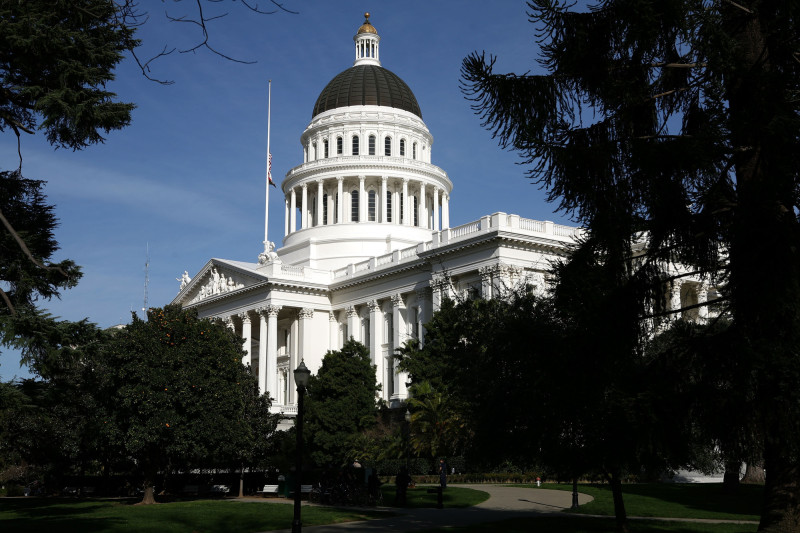Gaines, who lost the race for state insurance commissioner last month, knows a good wedge issue when he sees one. Just this past summer, a group of centrist Democrats led their own effort to delay the carbon emission cap on fuels. None of those legislators have signed on to the new bill, but the issue threatens to again spark intense debate inside Democratic ranks in the state Capitol.
And from the political left came a renewed vow to raise California's minimum wage faster and higher than a high-profile effort signed by Gov. Jerry Brown in 2013. State Sen. Mark Leno (D-San Francisco) introduced legislation on Monday to not only boost base pay to $11 an hour in 2016, but to do something Brown and business interest groups rejected two years ago: create an automatic inflation adjustment that could boost the minimum wage even higher in years to come.
Interest groups also know these early days of a new Legislature can be a good time to fire warning shots over the bow. School groups on Monday demanded a change in this summer's state law that limits how much cash that school districts can keep in their reserve funds, a law connected to (but not enshrined in) the newly enacted Proposition 2 state budget reserve plan.
"The cap on school districts' reserves is an affront not only to local control but to sensibility," said Josephine Lucey, president of the California School Boards Association, in a written statement.
The issue could certainly gain some traction among fiscally conservative legislators of both parties and force the generally pro-local-control governor to explain why it's a good idea for the state to tell local schools they can't save money.
And from there, the list will only grow longer. Of course, there are also issues with bipartisan -- and VIP support -- that also threaten to quickly end the feel-good era of a new year. Both Speaker Atkins and Senate President pro Tem Kevin de León (D-Los Angeles) jabbed on Monday at the recent vote by UC regents to raise tuition -- a fight that both seem eager to take to UC President Janet Napolitano.
"Janet Napolitano has a lot of moxie for doing what she did," de León told reporters at the end of Monday's Senate session about the approved increases -- a maximum of 5 percent a year over each of the next five years. "That's a tax hike, as far as I'm concerned, on these kids."
To that point, the Assembly will convene hearings asking UC officials to explain perhaps every penny of the state tax dollars the university system spends. It was an announcement made by Atkins in her prepared remarks that drew bipartisan applause.
But don't be surprised if that's the last one of these political "Kumbaya" moments at the Capitol for a while.
